Home - Continuing Education Webinars - Addressing Behavioral Health in the Fire Service
Estimated watch time: 2 hrs 2 minutes
Clinical Education Coordinator for Advanced Recovery Systems
Molly Jones, LSW is a Clinical Education Coordinator for Advanced Recovery Systems. In this role, Molly is responsible for providing clinical education and training to various client populations, treatment providers, and other behavioral health stakeholders across the country. Molly provides in-person, virtual, and on-demand behavioral health education and is able to cover a wide variety of topics under the behavioral healthcare umbrella.
Molly is a Licensed Social Worker in the State of Colorado and based out of Denver, Colorado. Prior to joining the ARS Community Outreach Team in August 2019, Molly worked in a variety of social work settings. She has worked in direct practice, counseling older adults, adolescents, high acuity clients, and other populations struggling with various mental health and substance abuse related issues, as well as a Permanency Planning Worker for the Department of Human Services, Child Welfare Division in Oklahoma City, Oklahoma. Molly has worked in the field of Social Work since 2013, and holds the philosophy that all individuals, with proper support and awareness, possess the ability to learn, change, and grow to achieve the highest quality of life and sense of self possible.
Molly earned a Bachelor’s of Science in Family Life Education with a focus on Gerontology from the University of Central Oklahoma and a Masters of Social Work from the University of Oklahoma. In her time with Advanced Recovery Systems, Molly has primarily worked with first responders and their families, as well as the International Association of Fire Fighters and various municipalities across North America. Molly is the Peer Team Clinician for the IAFF’s 9th District Peer Support Team, has been featured in news publications and mental health podcasts, and provided clinical oversight to local non-profits in Colorado.
Objectives:
Lauren Kosc, LCPC, CCTP is a Behavioral Health Specialist at the International Association of Fire Fighters.
Justin Price is a 20-year member of the Greensboro Fire Department in Greensboro, NC. He is the Vice President of the Professional Firefighters of Greensboro IAFF Local 947 and is an IAFF Master Peer Support Instructor.

IAFF Center of Excellence
13400 Edgemeade Rd Upper Marlboro, MD
(855) 900-8437
NAICS 623220
To offer treatment for successful recovery from post-traumatic stress and co-occurring addictions and help IAFF members return to the job.